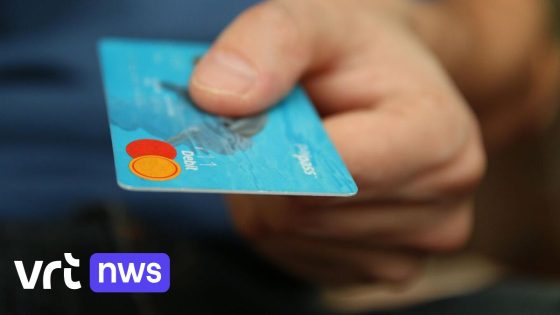In East Flanders, the alarming rise of fraud cases involving fake bank employees has doubled last year. With an average of 40 attempts each month, experts warn that older individuals are often targeted. What can you do to protect yourself from such scams?
- Investigations are ongoing for all cases.
- Preventing fraud is crucial, especially for seniors.
- Banks typically do not send representatives.
- Verify calls by contacting your bank directly.
- Be cautious of unsolicited phone calls.
Understanding the Surge in Fraud Cases Involving Fake Bank Employees
Why are scammers targeting unsuspecting victims? As reported recently, the number of fraud cases has skyrocketed. This trend raises concerns about how easily these criminals can manipulate their targets.
The Importance of Vigilance Against Bank Fraud Schemes
Being aware of potential scams is your first line of defense against fraud. Many victims report receiving phone calls from supposed bank representatives asking for personal information or offering assistance. How can you tell what’s real?
Recognizing Common Signs of Fraudulent Calls
It’s essential to identify red flags when dealing with unexpected calls from banks:
- If a caller asks for sensitive information, it’s likely a scam.
- No legitimate bank will send someone without prior notice.
- If unsure, hang up and call your bank directly using official numbers.
- Seniors should be particularly cautious and seek advice from trusted family members.
The Role of Community Awareness in Preventing Scams
Community education plays a critical role in preventing fraud. Local organizations can host workshops to inform residents about common scams and protective measures. Could your neighborhood benefit from such initiatives?
Steps to Take if You Suspect Fraud
If you believe you’ve been targeted by a scammer, take immediate action:
- Report the incident to local authorities or consumer protection agencies.
- Notify your bank about any suspicious interactions.
- Consider placing a fraud alert on your credit report.






























